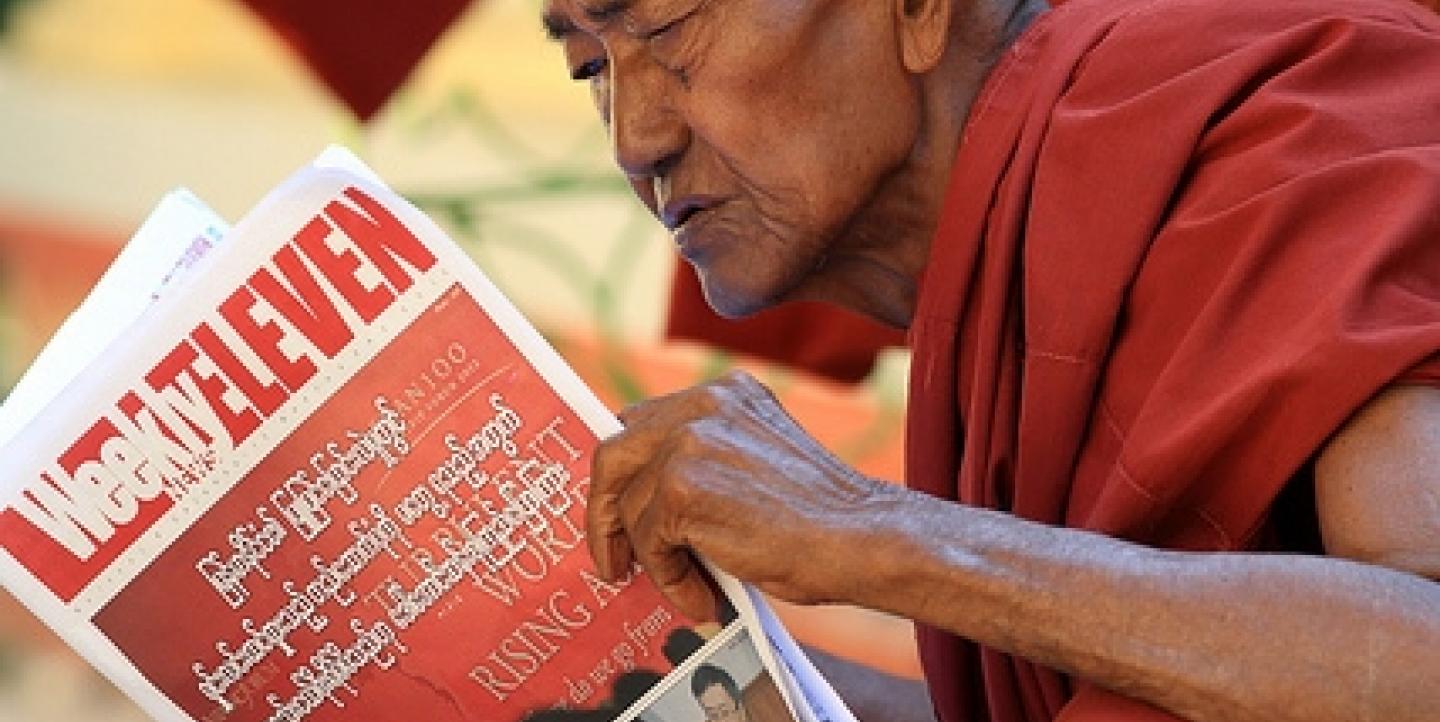With the Millennium Development Goals set to expire in 2015, the international development community is pondering what comes next.
World leaders agreed upon eight goals as part of a United Nations initiative in 2000. The leaders agreed their countries would strive to eradicate extreme poverty, improve gender equality, ensure environmental sustainability and more, but supporting free and independent media wasn't on the agenda.
But this time around, as leaders meet to set the post-2015 development framework, advocates for good governance are pushing to make the role of media a part of the equation.
The UN High Level Panel Report proposed 12 new universal goals, including "ensure good governance and effective institutions." It proposes that free media help achieve that goal by ensuring "people enjoy freedom of speech, association, peaceful protest and access to independent media and information," as well as guaranteeing "the public's right to information and access to government data," writes James Deane in a recent BBC Media Action post.
Independent media are key to development in places like South Sudan, where leaders spread divisive messages on the airwaves, said Nancy Lindborg, USAID’s Assistant Administrator for the Bureau for Democracy, Conflict and Humanitarian Assistance (DCHA).
The potential inclusion of a media goal has its detractors. Some countries, including Brazil, China and India, "see a 'governance' goal as distracting attention from core development concerns and suspect the West of wanting to impose conditions on development assistance," Deane wrote.
Other opponents note that indicators for measuring access to independent media are difficult to form. What's more, countries that lack free speech or that have a highly partisan press give the media a bad rap in the minds of some stakeholders. But Deane argues that this offers even more reason to push for independent media made in the public interest.
He quotes David Hallam of the UK Department for International Development, who argued that citizens are eager for the improved government accountability that media watchdogs can bring.
Hallam pointed to the My World survey, a global poll giving people a chance to vote for what they think should be included in the post-2015 goals. About 1.6 million people voted, and their top four issues of concern were education, health, jobs and honest, accountable government.
"Honest and accountable government comes above food security, water, climate change, environmental issues, and I’m not saying any of those issues aren't important, but consistently around the world, the fourth issue is honest and accountable government – and media has a central role in promoting that," Hallam said.
Via BBC Media Action.
IJNet Editorial Assistant Margaret Looney writes about the latest media trends, reporting tools and journalism resources.
Image CC-licensed on Flickr via Dietmar Temps.

